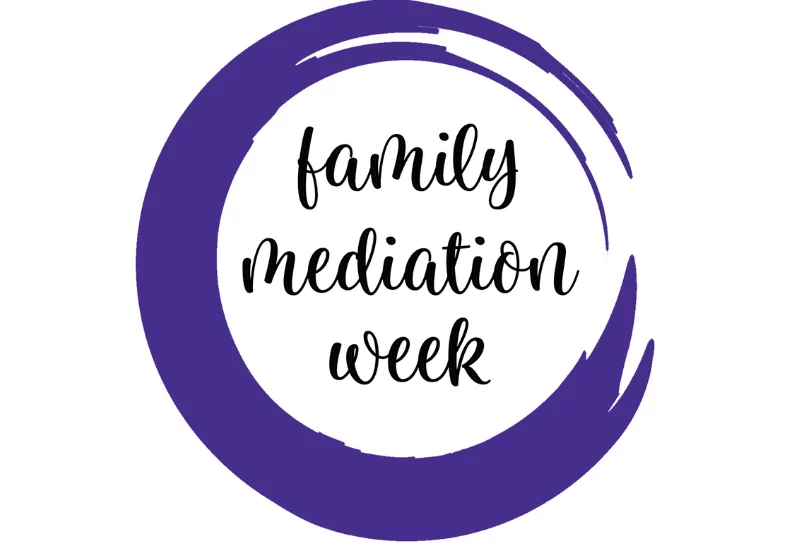Family Mediation Week 2024

This week (Monday 22 January to Friday 26 January) is Family Mediation Week in conjunction with the Family Mediation Council. The Family Mediation Council run this every January and it is an excellent way to highlight the benefits of mediation and encourage separating couples to use a non-confrontational way of resolving issues affecting their family.
Throughout the course of this week, the Family Mediation Council will publish resources and informative posts to explain the benefits of mediation.
Mediation is essentially a roundtable meeting with the separating couple and a neutral professional specifically trained to help facilitate a discussion between parties with the aim of reaching an agreement. Mediation can be a way to help resolve issues surrounding child arrangements and/or financial matters.
The benefits of mediation:
• Control. Parties can make decisions together that’s best for their family. They reach the resolution, not the mediator and therefore have a much greater degree of control in the decision made. They set the agenda and the pace with which the issues on that agenda are raised.
• Non-Confrontational. Mediation can help to preserve relationships and reduce animosity through encouraging the parties to work together, rather than against one another.
• Flexible. There is no time limit for a resolution for parties can take all the time they need to reach an agreement and the mediator can work in a flexible way that best suits the parties. Mediation can also be conducted in person or online. Whilst it is more effective to be in the same room, mediation can be conducted with the parties in separate rooms if necessary.
• Confidentiality. The mediation process is completely confidential and helps give security to the parties throughout the process.
• Voluntary. The process is entirely voluntary and neither party cannot be forced into a decision that they do not agree with.
• Cost effective. Mediation will be a much quicker process compared to litigation and therefore reduce the costs involved.
If the dispute relates to child arrangements, Child Inclusive Mediation may be appropriate. By involving the child, this will ensure that the voice of the child is heard. Whilst the parents will ultimately still make the final decision, the child can pass their thoughts to the mediator which can hopefully help in the overall decision making.
Resolution is a national body of family law professionals committed to encouraging constructive and non-confrontational approach to the resolution of family issues. Grant Cameron, Partner in our Southampton Family Team, is National Chair of Resolution and actively promotes alternate forms of resolution. When speaking about mediation, Grant says “Having been a family practitioner for many years, more latterly a family mediator, I can see many benefits. Not least this approach can avoid involvement of the Courts where delay and mounting costs can often compound problems. It is important that both parties are given a voice to air their concerns and anxieties whilst given an opportunity to resolve matters impacting them and their family but in a safe neutral environment.”
To discuss your requirements for mediation with an experienced member of our team, contact us today using the form below or by calling us on 0800 2800 421.















